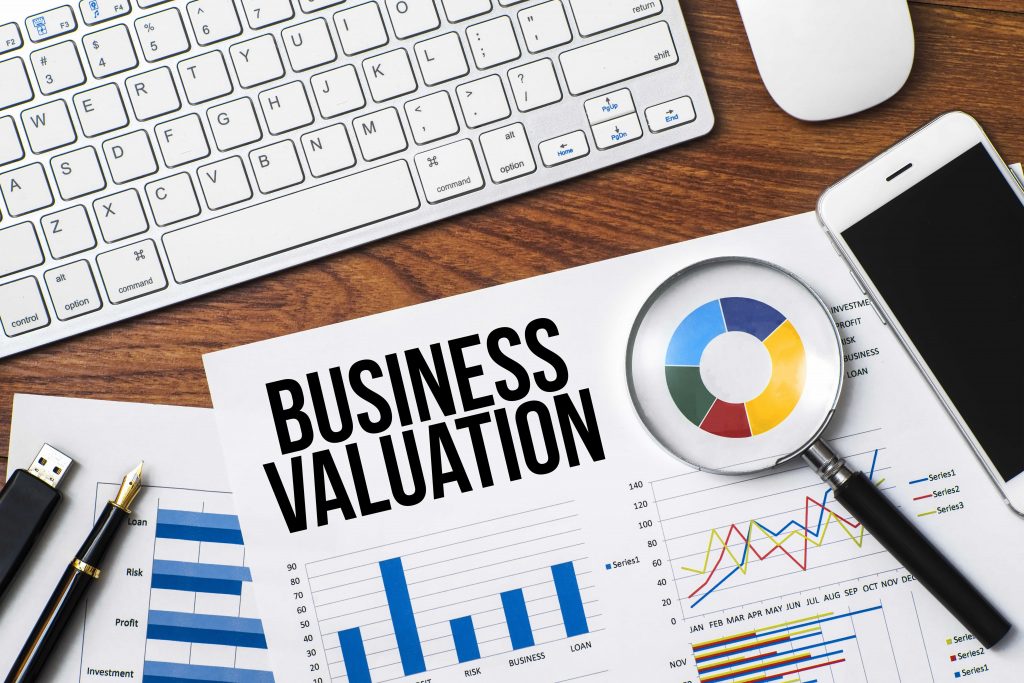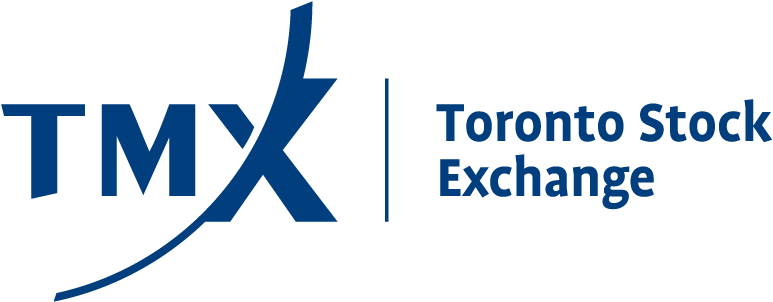Due Diligence & Independent Assessments
Due Diligence Defined:
“The phrase is composed of two words. Due: which the dictionary defines as ‘Proper or Adequate’ and Diligence: which is defined as ’Degree of care or caution expected of a person, especially as a party to an agreement’. Caution: is the watchword in this definition.”
When investors or buyers find businesses that they are interested in investing in or buying or learning more about, there are roadblocks being put up by the seller and/or listing broker. They may request an offer before releasing any financial information on the business.
When purchasing a business, it is important to look for what problem(s) the seller is having that he cannot solve. People rarely sell their businesses just to retire. There is almost always some problem they cannot solve. It may be a physical condition they have or an emotionally upsetting situation, employee problems, legal actions, a profitability issue, or it just might be the competition is cutting their throat.
The job of a buyer or his financial consultant is to find out why a seller really wants to sell. Why does the seller want to sell, this year, rather than five years ago or next year?
When you find the answer to the seller’s motivation, you can then determine the true value of the business and the validity of the information you are getting from the seller. You can also then figure out if the problem is fixable; by you or anyone else. If you are just buying the seller’s problems, and cannot fix them, you are not going to be successful in that business.
So, what is the number one mistake a buyer makes when buying a business? It is, unfortunately, accepting what the seller tells them as the truth, which results in not continuing to do the vital and necessary due diligence.
Business investors or buyers need to collect financials, tax returns, business description, equipment list and anything he can from the company and/or seller.
We raise questions based on the information provided. We suggest further research on the business that the buyer should consider doing. We can suggest contingency clauses to put into the offer. We will suggest how to force the seller to pay for due diligence costs if there turns out to be a misrepresentation of information, by the seller.

We provide an opinion to the investor or buyer as to the desirability of this business. The opinion will include the benefits and some of the risks of going into this industry or business. We also render an estimate as to its value, based on the data provided. The conversation will end only when the Buyer is satisfied that he learned what he wanted to know.
You have spent months finding the right business. The seller says that you cannot go by what the tax return shows but the business is making a lot of money, and he can prove it. Your inspection of the profit and loss statement shows that sales have been increasing slightly in the last few years. Most important, and the best news of all is: the price is right! Watch it now. Look again before you leap!
Many businesses are doing well. Sometimes the owners have personal things going on in their home life. Sometimes they have medical problems.
But many times the business is not doing well and the seller is frustrated. It is very common for a seller to work hard to build his business, but because of many reasons, it doesn’t produce what the seller wants. He gets frustrated and one day he gives up and wants out. You need to check and check again before you make sure you want in.
Certain markets and industries do not provide a transparent business culture. In these situations, companies must select their business acquisitions, investments or partners with particular care.
Our due diligence service carries out in-depth research to supplement the available information, enabling our clients to have confidence in their business partners.
RwE research the reputations of individuals and companies, their histories, and their associates. In providing such a detailed review, we enable our clients to avoid the expense of problematic business acquisitions, investments or sale situations.






